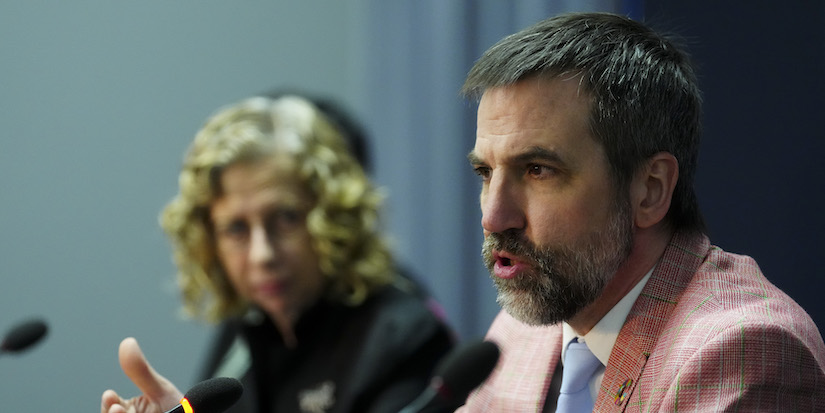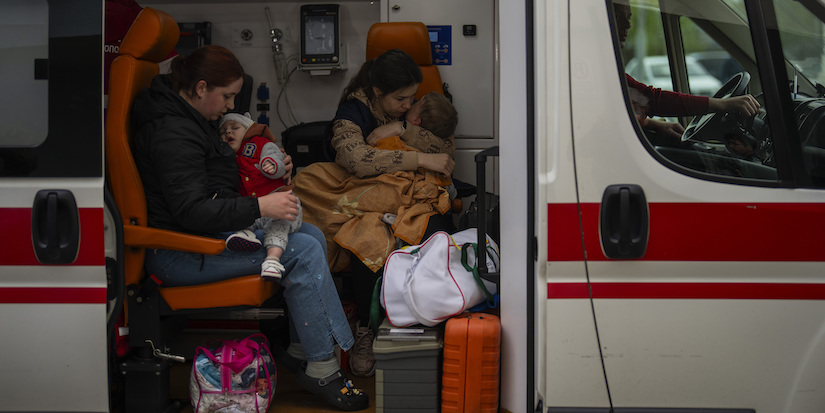Latest News
Obesity in pets is widespread and dangerous

Published 3:03 PDT, Wed May 26, 2021
60 per cent of cats are overweight or obese, says Association for Pet Obesity Prevention
Who doesn’t love a chonky cat? More to love, right? But obesity is a huge problem in cats, as well as in dogs—just like it is in humans. Being overweight is associated with a range of medical conditions, including diabetes, arthritis, high blood pressure, kidney disease, cancer and other serious problems.
The RAPS Adoption Centre recently welcomed two cats, from two separate surrenders, after their elderly people were no longer able to care for them.
Squeeks is a 23-pound torbie girl, aged 14, and Mojo is a 29.55-pound, 13-year-old. We’ve found a foster home for Squeeks, where she is being pampered back to a healthy weight. We hope to find a similar place for Mojo soon (he was extremely matted and so needed a close shave). Tests determined he also has diabetes.
We’re taking this opportunity to raise awareness in our community about obesity in animals. As Mojo and Squeeks proceed along their weight-loss regimen, we’ll be sharing news of their progress on the blog over at rapsbc.com.
Pet obesity is endemic. The Association for Pet Obesity Prevention says that an estimated 60 per cent of cats and 56 per cent of dogs (in the United States) are overweight or obese. (We doubt Canadian pets are much fitter.)
A border collie friend of mine recently has his checkup and he had gained five pounds since last year. That may not sound huge, but consider—that’s about 10 per cent of his body weight. That puts a lot of extra pressure on knees, shoulders and hips—especially for a guy who is getting up in years. When we think of weight gain and loss in pets, we could keep in mind a rule of thumb like “dog years” … We often say (this is not scientific) that a year in our life is like seven years to a dog. Think of your pet’s weight in a similar fashion. An extra pound on a cat is like 10 or 20 pounds on an average human. (Again … it’s not scientific! Just a way of putting things in perspective.)
The website petobesityprevention.org has great information on keeping your pet at (or at least close to) optimal weight. Of course, before making any major changes in your pet’s life, please consult your veterinarian or contact the RAPS Animal Hospital.
And follow along at rapsbc.com as we share updates on the progress of Squeeks and Mojo as they continue their journey to wellness.
Shena Novotny is Adoption Centre & Cat Sanctuary Manager for the Regional Animal Protection Society (RAPS).































